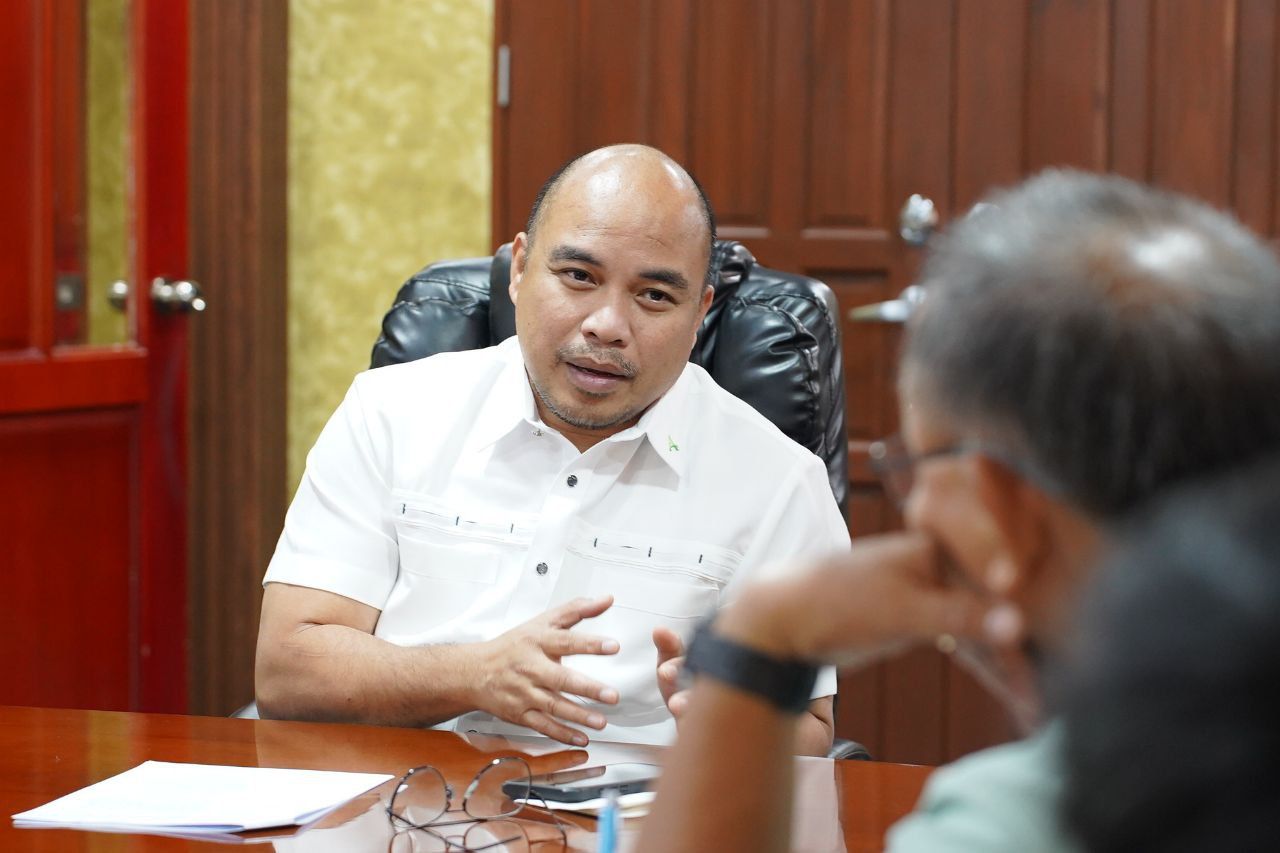CEBU CITY – The provincial government of Bohol on Thursday, Jan. 23, broke ground on the 12-kilometer farm-to-market road linking two towns in the province.

AUMENTADO (FB)
Considered as the largest project in the history of the Philippine Rural Development Project (PRDP), the project links Desamparados, Calape to Tabuan, Antequera.
The P608-million project is funded through a World Bank loan accounted to the national government, with Bohol as the grant recipient.
Bohol Gov. Aris Aumentado emphasized the importance of the project, highlighting the necessity of protecting and nurturing it to enhance agricultural production.
He assured that the provincial government is fully committed to making it successful, as shown by its P60-million funding contribution to the initiative.
Aumentado stated that if further developments are needed, the province, through the Office of the Provincial Agriculturist, is prepared to strengthen its collaboration with the PRDP, the Department of Agriculture (DA), and the World Bank.
The rehabilitation and upgrading of the Desamparados–Tabuan Farm-to-Market Road aims to improve accessibility, boost agricultural productivity, and drive economic growth in the province. The project includes the construction of four major bridges – Desamparados, Labuon, Binogawan, and Cabayugan.
The project will pass through seven barangays in Calape and Antequera, covering a 4,060-hectare area that influences agriculture, residential areas, and mangrove zones.
The project is seen to benefit 3,842 households, which include 2,817 farming families and 410 fishing households.
Moreover, it aims to greatly enhance transportation and agricultural productivity in the area.
Upon completion, it seeks to reduce the average commute time from 24.29 minutes to just 10.34 minutes. It also aims to increase traffic volume from 150 vehicles in the initial year to 230 vehicles by the 20th year.
It will also cultivate 525 hectares of idle land over the next 20 years, transforming underutilized areas into productive agricultural zones. These efforts are expected to enhance food security and promote economic development in the region.
The project includes environmental protections, with the road traversing a 7.36-hectare mangrove area to minimize ecological disruption.
A designated 429.412-hectare residential zone will accommodate the growing population and provide space for sustainable communities.